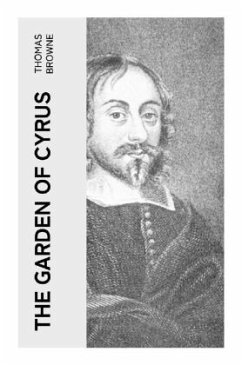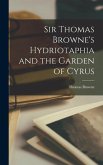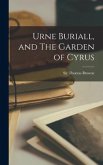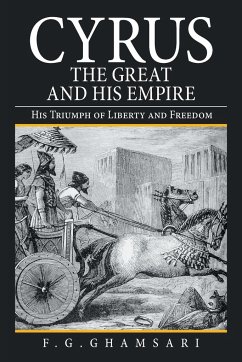In "The Garden of Cyrus," Thomas Browne delves into the intricate relationship between nature, art, and the human experience through a series of meditative, philosophical musings. Written in the 17th century, this work showcases Browne's distinctive literary style, characterized by elaborate prose and a penchant for digression. This text intertwines themes of symmetry and design found in both the natural world and human creativity, prominently featuring the quince tree as a symbol of abundance and mystery. Engaging with classical references and contemporary scientific thought, Browne creates a tapestry of ideas that reflects the intellectual milieu of his time, illuminating the interconnectedness of existence and the quest for divine understanding. Thomas Browne (1605-1682) was an English polymath whose extensive education and diverse interests-including medicine, philosophy, and divinity-deeply informed his writings. His personal experiences, such as his background in medical studies and fascination with natural history, lend a unique perspective to "The Garden of Cyrus." Browne's inquiries into the meanings and structures inherent in nature were likely influenced by the Renaissance's revival of classical learning, along with the growing interest in science during his era. Readers seeking to engage with a profound, contemplative examination of nature and its artistic parallels will find "The Garden of Cyrus" an enriching experience. Browne's eloquent prose invites reflection and inspires a deeper appreciation for the complexities of the world around us, making this work a timeless treasure for scholars and general readers alike.
Bitte wählen Sie Ihr Anliegen aus.
Rechnungen
Retourenschein anfordern
Bestellstatus
Storno








